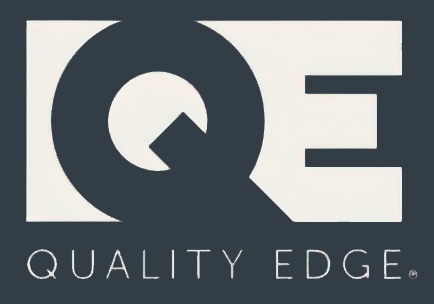A few years back, Ron Ashkenas wrote an interesting piece on HBR.org, called It’s Time to Rethink Continuous Improvement. He pointed out that an unrelenting focus on quality had led many companies to miss new opportunities within their industries and even to have their operations disrupted by aggressive innovators.
In other words, quality alone is not enough.
A better goal, suggested Ashkenas, might be to ask broader questions. He argued that companies should step back and question whether processes should be improved, eliminated, or disrupted. “Too many continuous improvement projects focus so much on gaining efficiencies that they don’t challenge the basic assumptions of what’s being done,” said Ashkenas.
We’d like to suggest that the same holds true for your life and career.
Too many people focus on trying to get better and better at the one or two things they already do, but they miss opportunities to expand their skills and – most importantly – diversify their risks.
Imagine, for example, that you are the best truck driver in your company. Your on-time record is impeccable, customers love you, and you are so reliable that your supervisor routinely uses you as a positive example in company meetings. You are all set, right?
WRONG.
More money is being poured into driverless vehicles than perhaps any innovation on the horizon. Ford just announced a $1 billion (yes, billion) investment in an AI driverless car unit. You need to develop a skill besides driving.
When pursuing personal improvement, you can’t just look inward. You also have to look at the world around you and ask:
“Where is the intersection between what I am good at doing and what the world needs people to do?”
You might need to “improve” your ability to do something that today you have no idea whatsoever how to do.
Still, we like the term continuous improvement because it captures well what underlies a good life: you never stop learning, growing, and striving. There will always be new challenges and better ways to enrich your life.
To get you started, here’s a list created by Ted Nietzke, Superintendent of the West Bend School District. His Continuous Improvement Mindset approach suggests that you embrace these principles:
- ● Ask “what is happening?”
- ● Seek solutions
- ● Fix problems
- ● Be open to change
- ● Remove emotion from decision-making processes
- ● Be optimistic
- ● Be open to honest discussions





